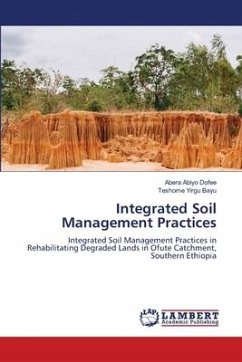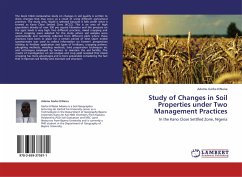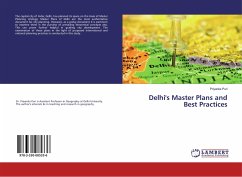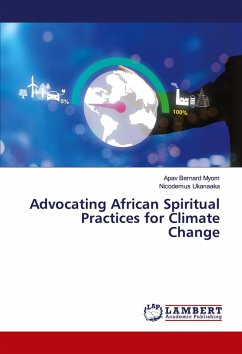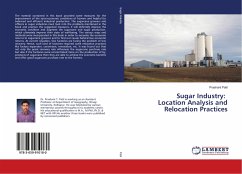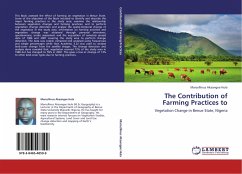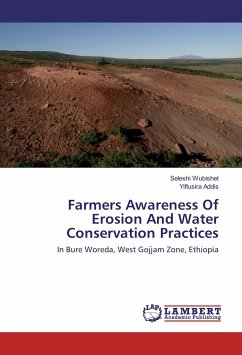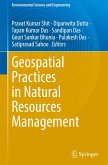This book is based on MSc Thesis report which aimed at assessing and exploring integrated soil management practices in rehabilitating degraded lands, in Southern Ethiopia. The socio-economic as well as the demographic data that have relevance to the study was collected and both the indigenous and modern soil management practices are explored using questionnaire surveys, focus group discussions and key informant interview. A number of indigenous soil management practices were practiced in the catchment such as fallowing, crop rotation, contour farming, traditional stone bunds, traditional ditches, plantations and traditional cut-off drains. On the other hand, currently introduced modern soil management practices like fanaya juu, soil bunds, improved cut-off drains, grass strips, check dams and basins are practiced by households in the study catchment. The survey results showed that age, gender, family size, educational status, annual income, farm size, farm land distance, soil fertility, slope and severity of soil erosion were among the major factors that have influenced the implementation of soil management practices.
Bitte wählen Sie Ihr Anliegen aus.
Rechnungen
Retourenschein anfordern
Bestellstatus
Storno

